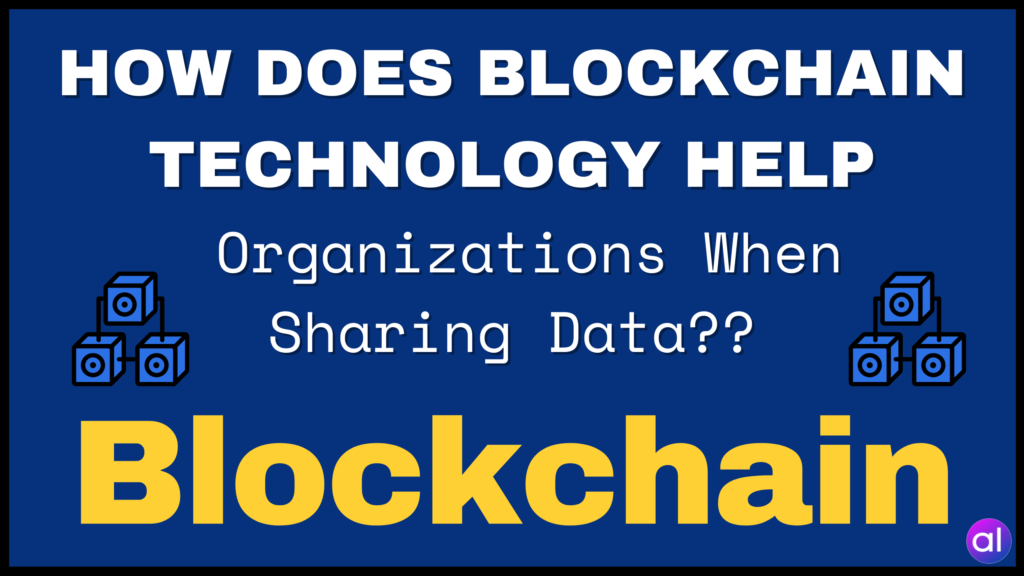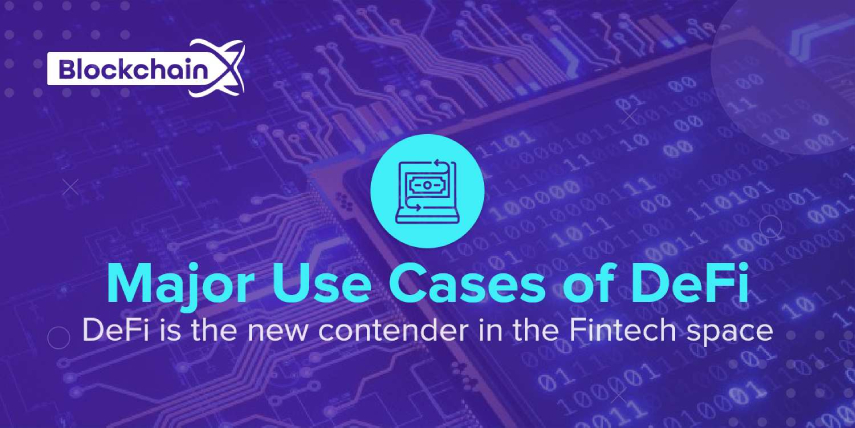
When you immerse yourself in the world of cryptocurrencies, one term that you will encounter frequently is DAOs. From DAOs attempting to purchase the US Constitution to NFT projects incentivizing investments through DAO-led initiatives, the potential of this innovative technology is only beginning to be realized.
DAO stands for Decentralized Autonomous Organization. These are smart contracts that exist on various blockchains, enabling individuals to collaborate and pool resources. DAOs are utilized for autonomously managing and securing blockchains, acquiring assets like NFTs, and facilitating borrowing and lending of cryptocurrencies. While understanding DAOs and their operations may require time and experience, learning how they function and how the crypto space is leveraging them can give you a head start. In this article, we will delve into the concept of DAOs, their purpose, and their future direction.
What is a DAO?
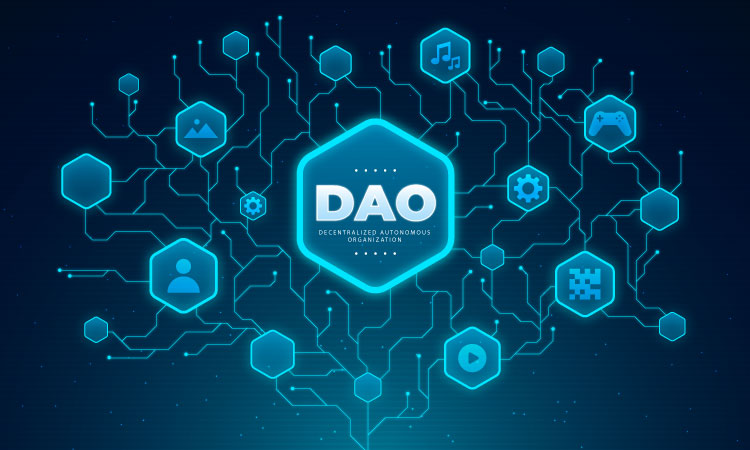
DAO stands for Decentralized Autonomous Organization, a governance system enabled by smart contracts and blockchain technology. With blockchains being decentralized, DAOs establish organizations run by a collective without a traditional hierarchy. Rules are set and decisions are made based on smart contracts on a blockchain, eliminating the need for a central authority.
A DAO functions as a company without a board of executives, where a group of individuals with shared interests come together to work towards common goals. Operational decisions and management of the company are driven by a bottom-up approach through voting. Members vote based on their ownership of assets or tokens, shaping the decisions of the DAO.
How Does a DAO Function?
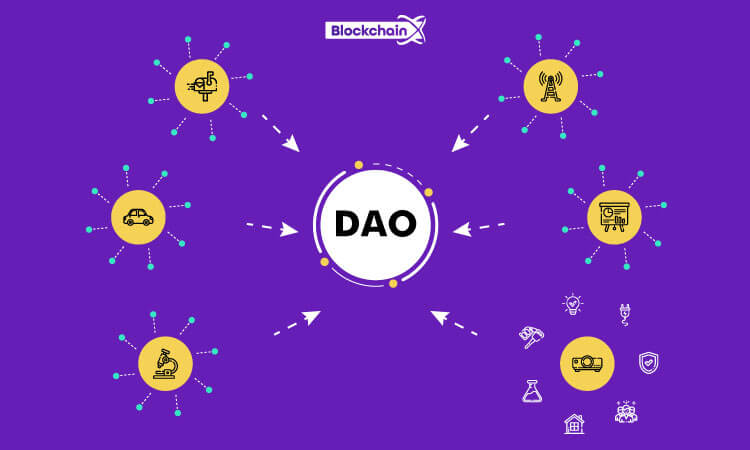
DAOs operate through smart contracts that execute automatically when certain conditions are met. These contracts represent the organization’s rules, which are determined through voting. DAOs can conduct financial transactions without the need for human intermediaries.
Voting in DAOs is based on acquiring DAO tokens, usually purchased with Ethereum. Members can vote on rules and influence company changes directly through smart contracts. The transparent and horizontal organizational structure of DAOs emphasizes the critical role of voting and member participation in each DAO’s decision-making process.
How are DAOs and NFTs related?
In simple terms, DAOs provide a mechanism to govern communities associated with NFTs, which are digital assets. Both NFTs and DAOs focus on ownership; while NFTs grant creators ownership, DAOs offer governance. NFT creators upload their art, music, or content to the blockchain, ensuring unique ownership for buyers and authenticity of digital assets.
DAOs assist in the decentralized community governance of NFTs. The collaboration between NFT creators and DAOs involves collective ownership and crowdfunding initiatives. DAOs play a crucial role in supporting emerging artists and projects, facilitating investments, and creating value through tokenization.
Prominent NFT DAOs
APE DAO
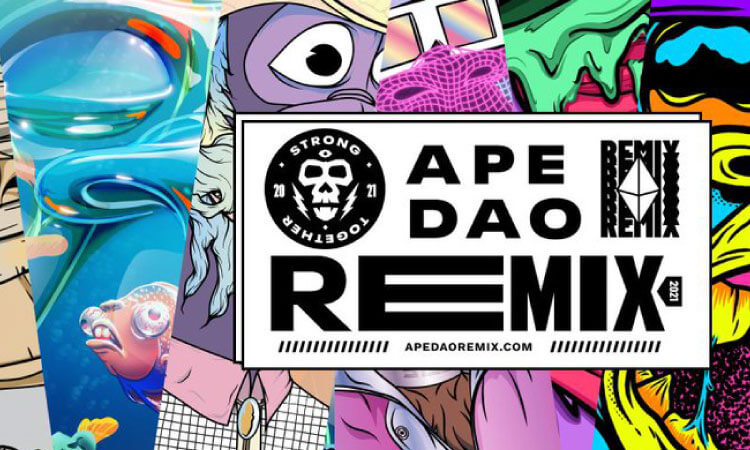
APE DAO, founded by Kylo.eth, is an NFT DAO that allows fractional ownership of high-value NFTs through tokenization. The DAO’s success was evident as tokens representing sought-after NFTs sold out quickly, demonstrating community governance through $APED shards.
Pleasr DAO
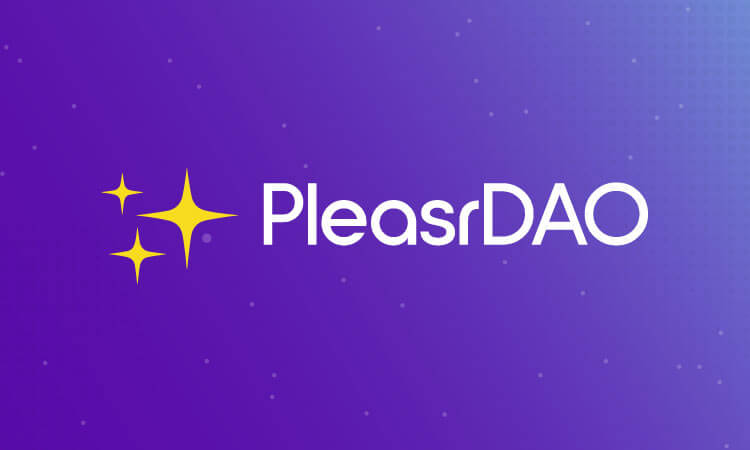
Pleasr DAO aims to collectively purchase and own high-value NFTs, enabling members to share ownership and costs of digital assets. The DAO is involved in acquiring NFT artwork, investing in decentralized finance, and supporting emerging projects in the crypto space.
YGG DAO
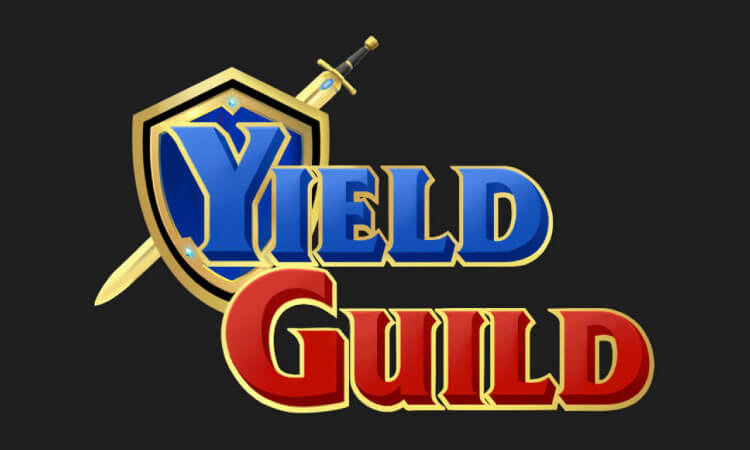
YGG DAO focuses on managing in-game assets from blockchain and NFT games, issuing the “YGG token” to members for governance and decision-making. The DAO leverages the benefits of NFT games, particularly in the context of decentralized ownership and play-to-earn models.
Jenny Metaverse DAO
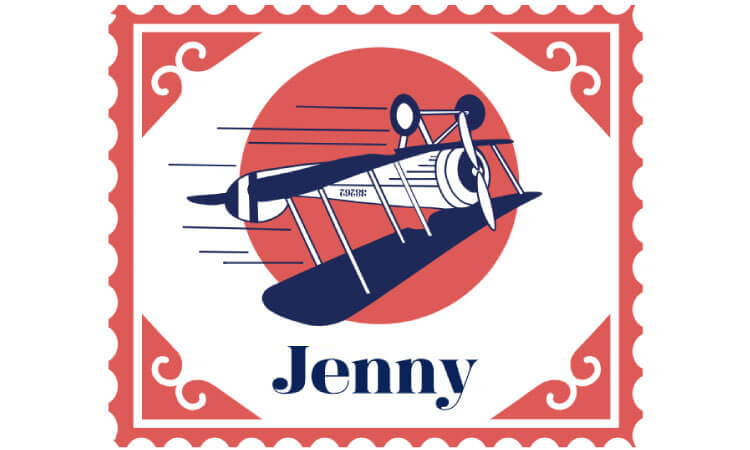
Jenny Metaverse DAO operates on the Unicly platform, focusing on acquiring and governing NFTs through tokenization. Token holders have governance rights and can vote on decisions related to NFT management and acquisitions.
Why Should Businesses Be Concerned About NFTs and DAOs?
NFTs and DAOs have the potential to revolutionize businesses by leveraging smart contracts to streamline operations. Smart contracts eliminate intermediaries, reduce costs, and enable automated transactions based on predefined triggers and actions. Businesses, both large and small, can benefit from the efficiency and transparency offered by NFTs and DAOs.
Sum up
DAOs have diverse applications and can play a vital role in supporting the growth of NFT projects in the crypto space. As the NFT ecosystem expands, the integration of DAOs is expected to drive innovation and community engagement in the digital art and collectibles market.

